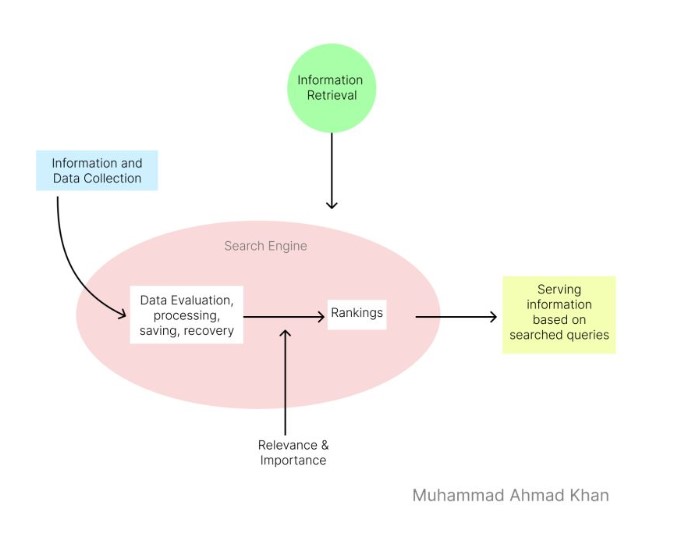✨ Is Writing User Focused Content Enough?

Writing content by focusing only on users is not enough. Yes, we can’t ignore the importance of historical data in reranking the sources — such as search engine users’ behavior and their search activity on the SERP.
📉 But if content is not engineered properly, it may face challenges during the information retrieval (IR) processes used by search engines.
💡 That’s why I disagree with those who believe that just focusing on users is enough while creating content.
🧠 Search engines constantly deal with an ever-expanding pool of information and data.
📈 This expansion has grown significantly with the public use of LLMs in building websites.
At the same time, search engines must also handle an ever-growing volume of search queries.
🔍 Search engines use information retrieval processes to evaluate the "determined" information and rank it based on importance and relevance.
As soon as a query is searched, the search engine pulls relevant information from its stored data (SERP).
➡️ Information retrieval (IR) is one of the core tasks of a search engine.
However, IR isn’t simple — there are multiple challenges search engines face along the way:
👉 One major challenge is that the request for information is not always concrete.
🤔 Users often search with ambiguous queries, making it difficult to pinpoint exactly what they want.
🔮 To better fulfill the user’s intent, IR systems apply various techniques to classify the search request more precisely, such as:
- Understanding search context
- Analyzing user intent
👉 Another challenge lies in the uncertainty of selecting appropriate information, because:
🔍 The retrieval system has no true understanding of the document content.
🔮 To handle this, retrieval systems use methods like:
- Text statistics
- Term weighting
⛳️ That's why it's not just about satisfying users.
Between your content and your audience stands a complex layer of algorithms — and you can’t afford to ignore them if you want to reach your goals.
